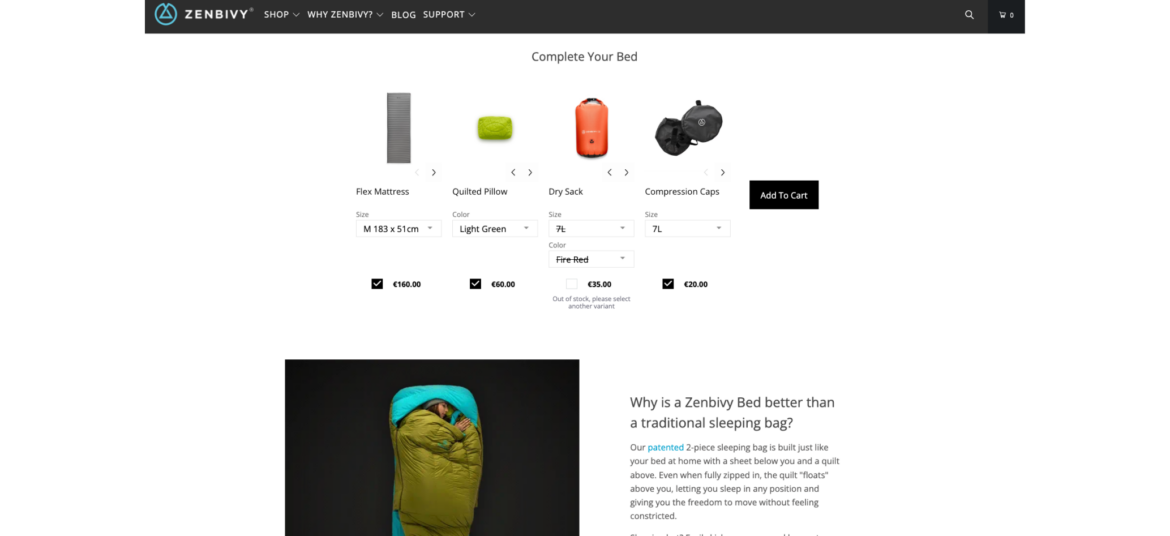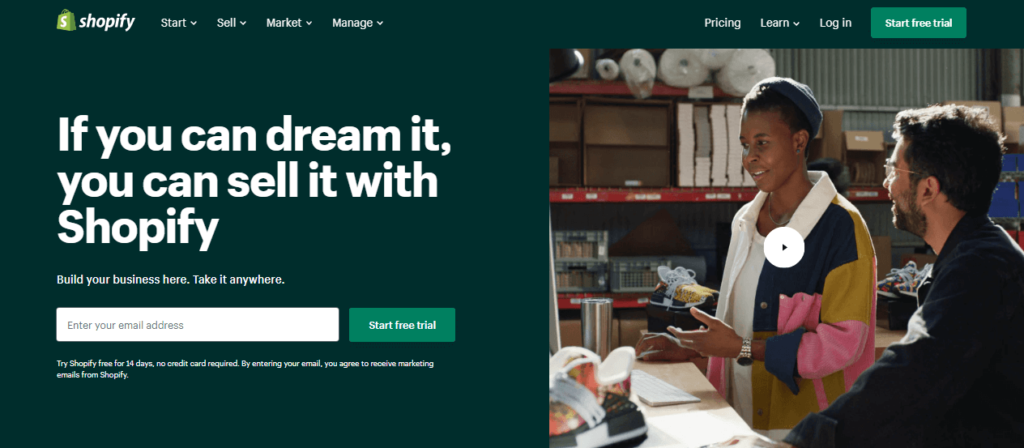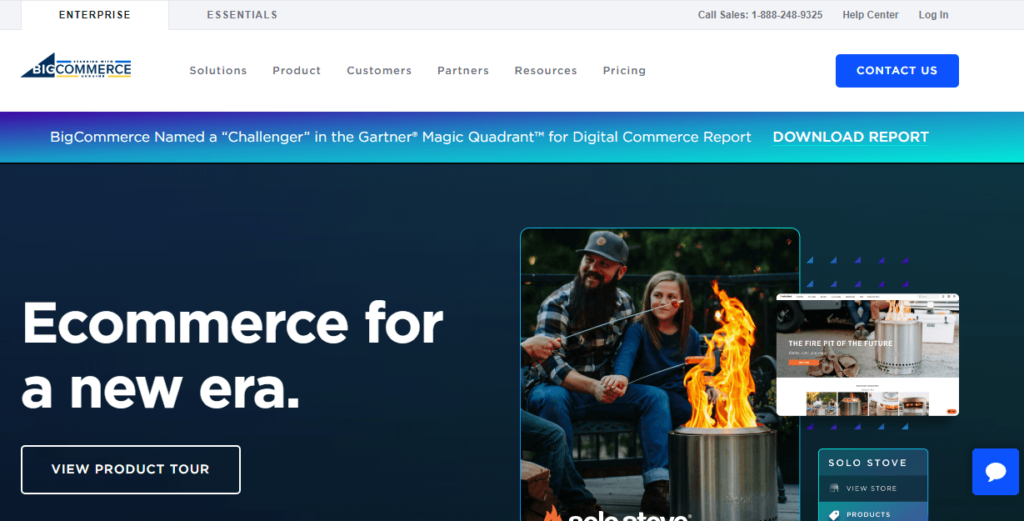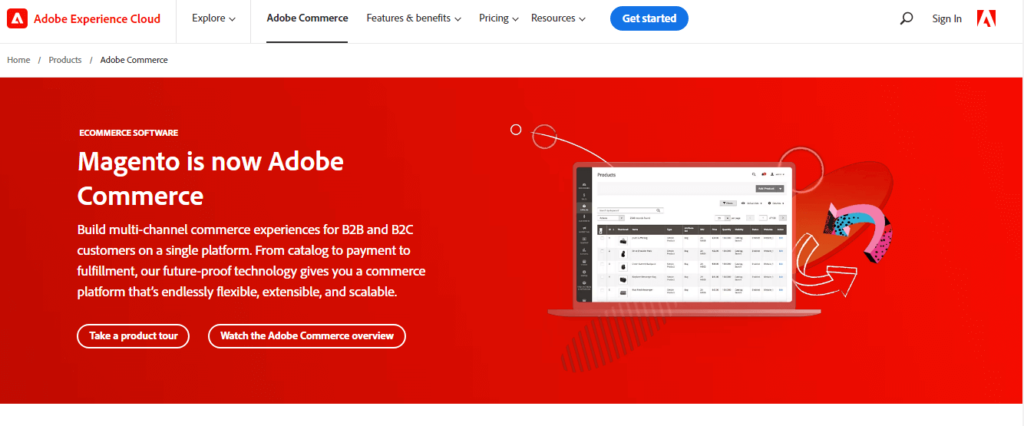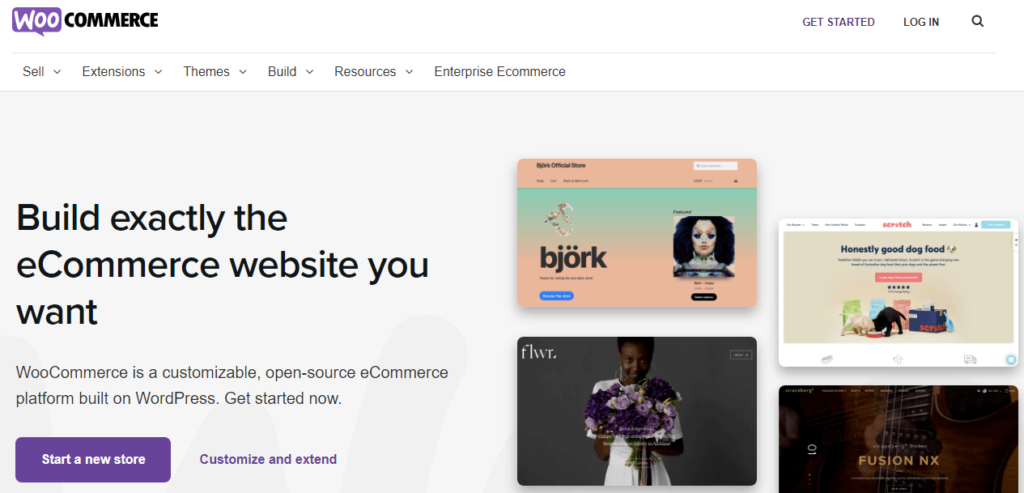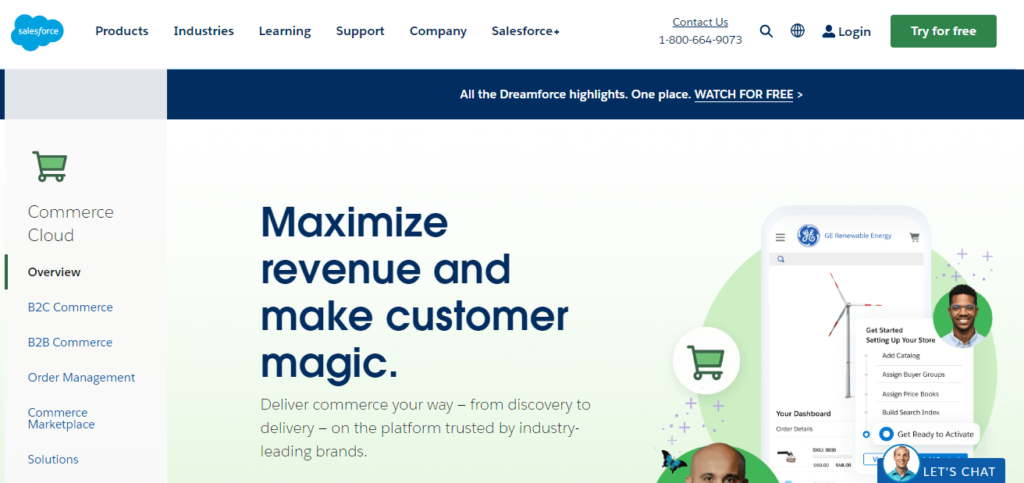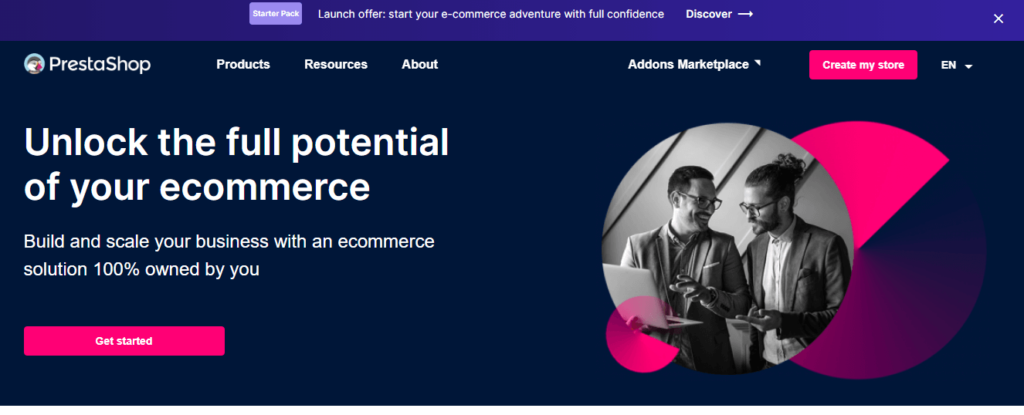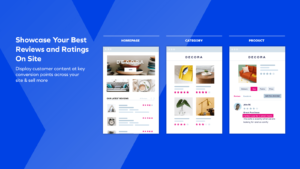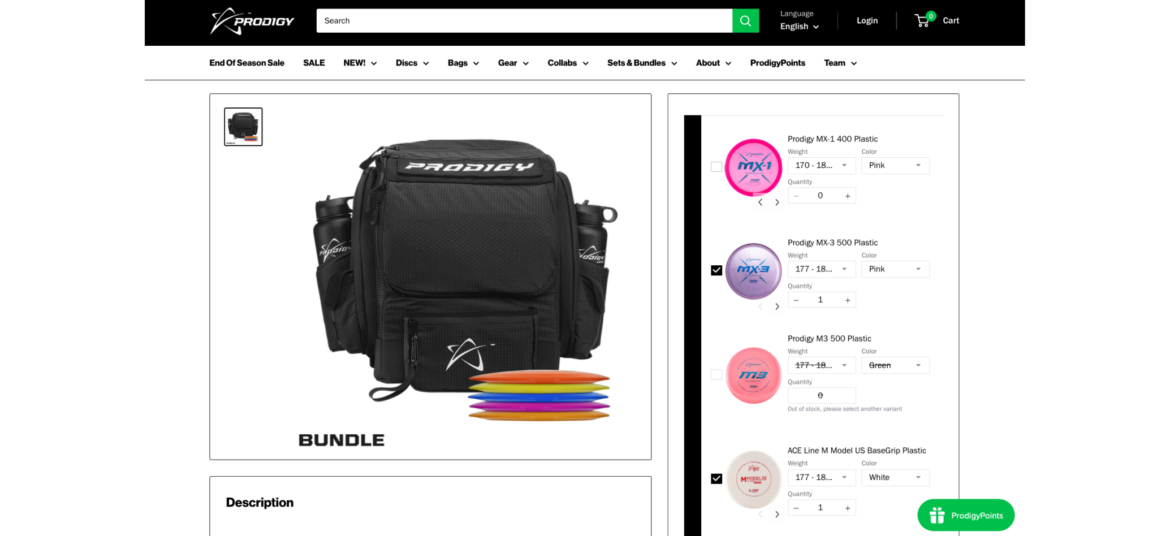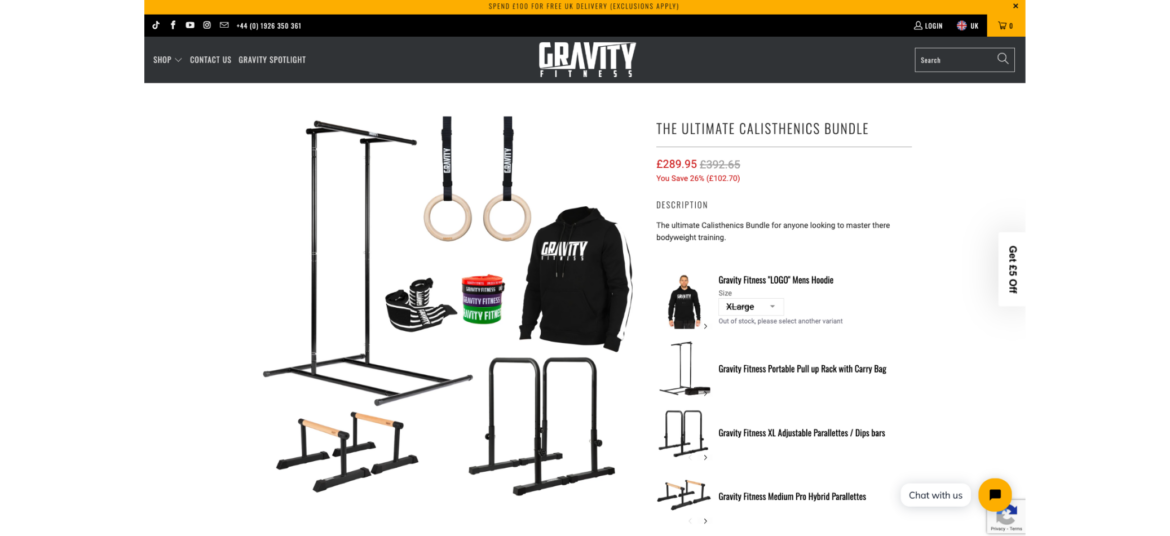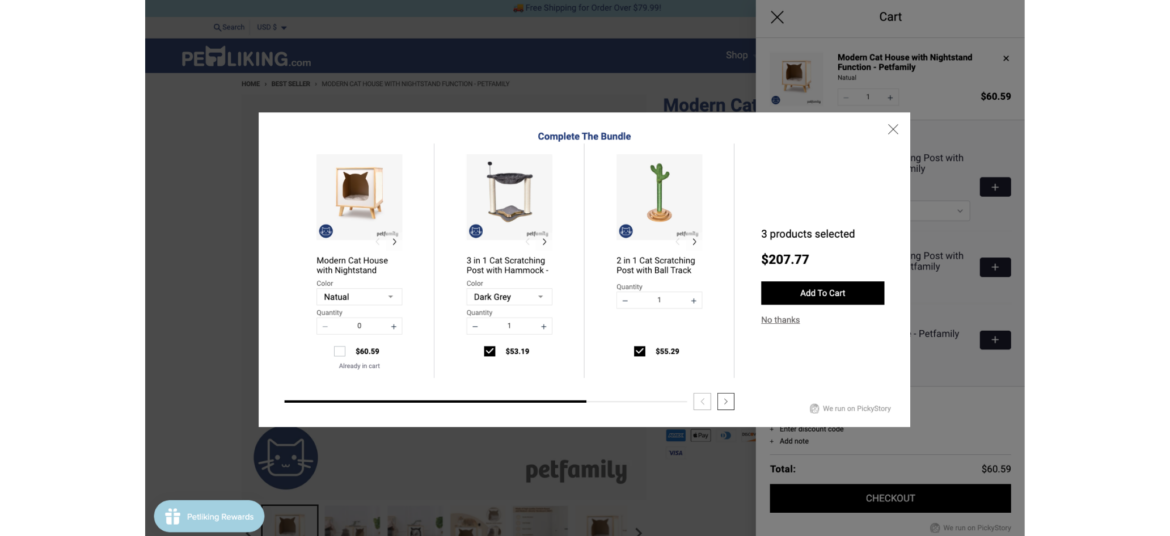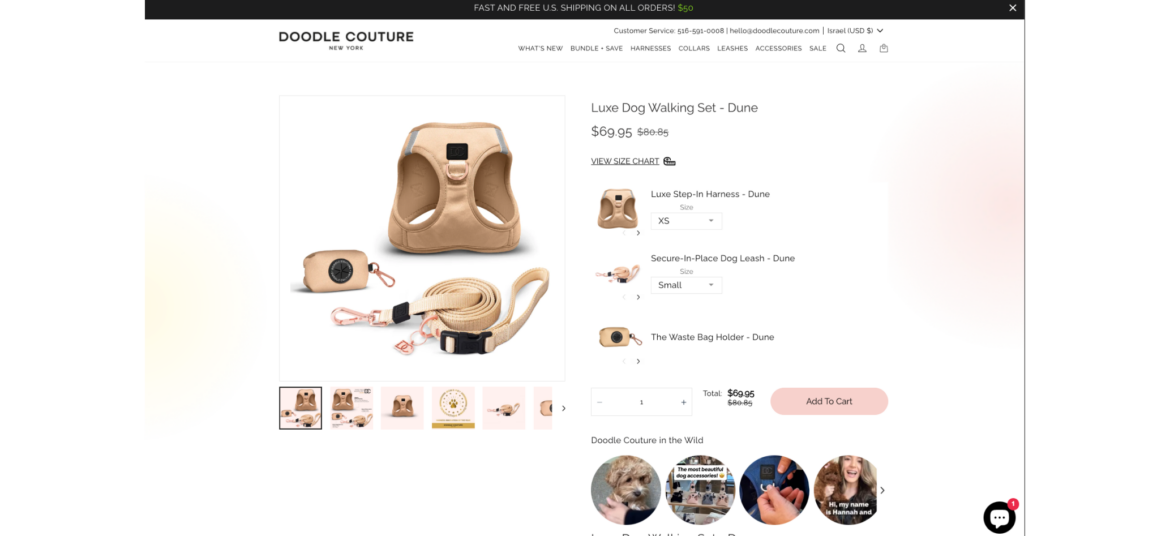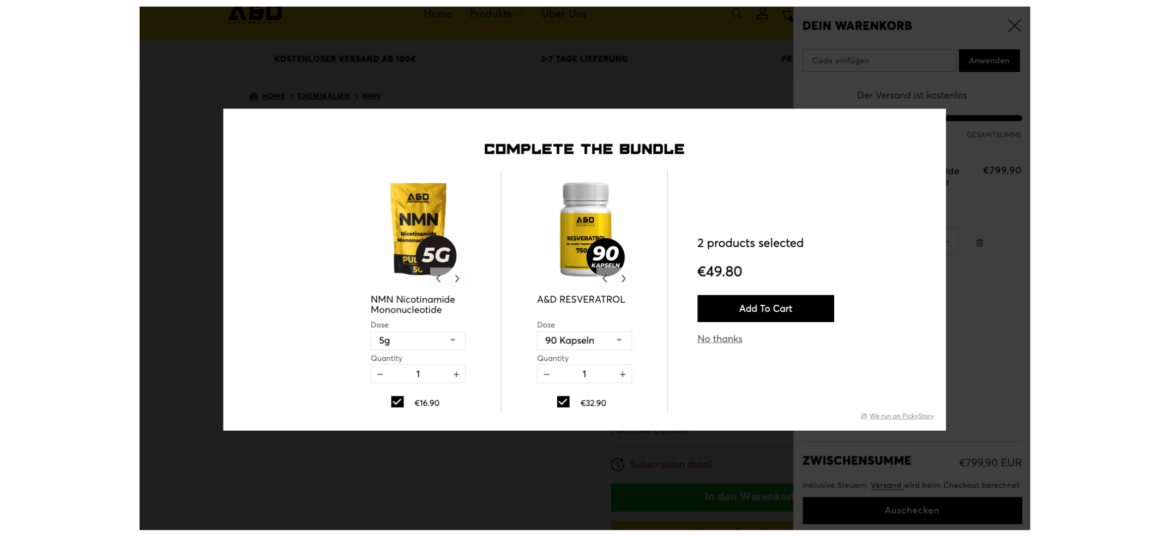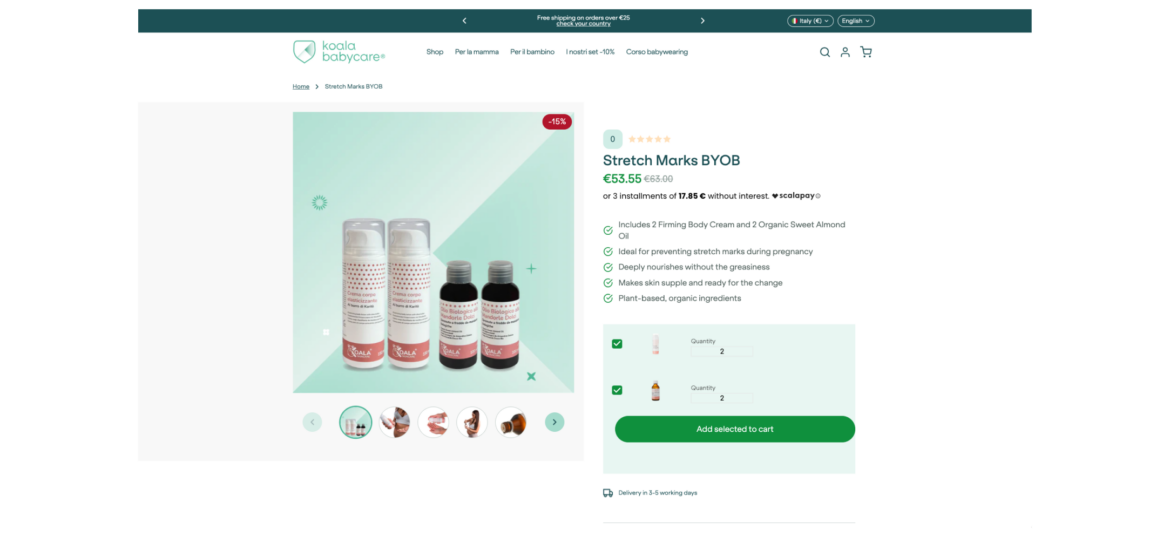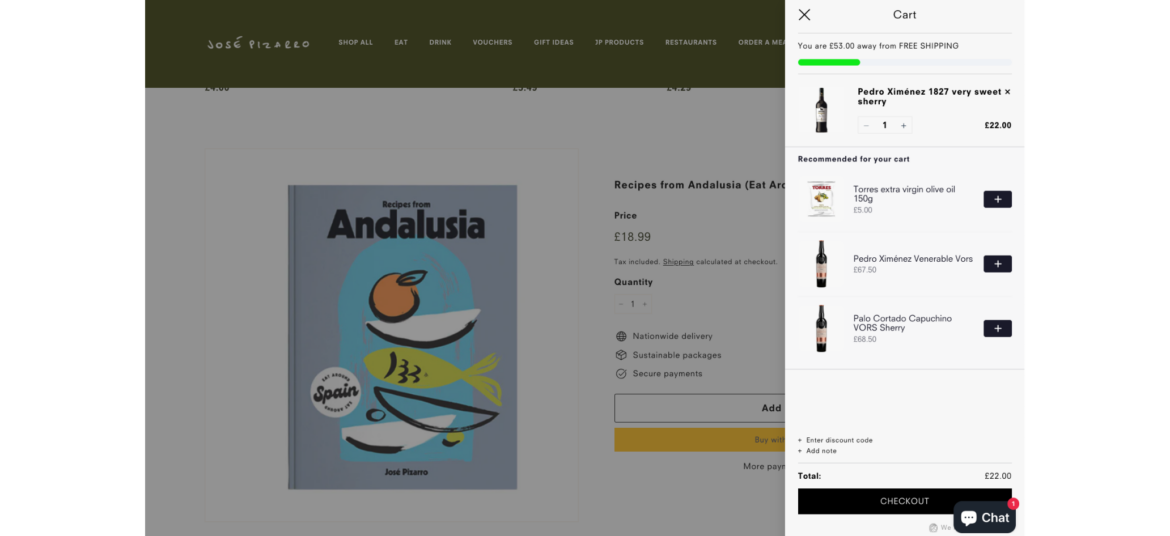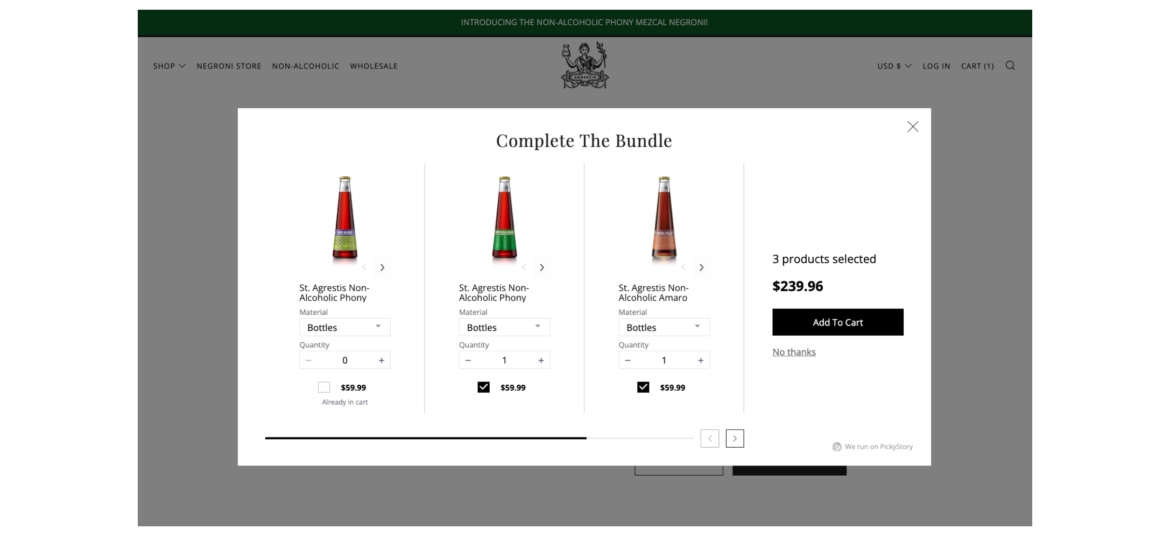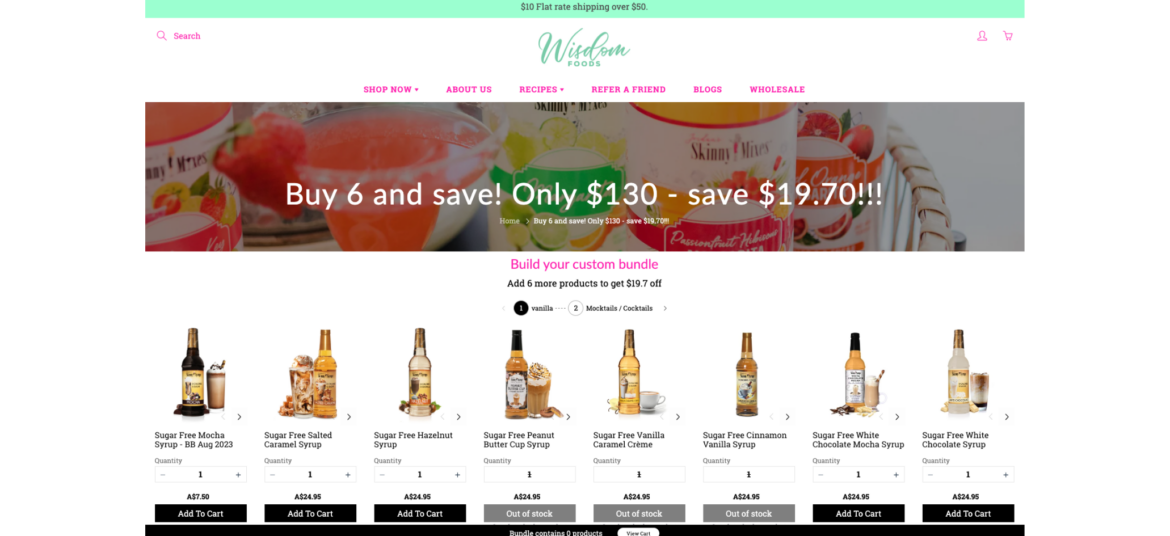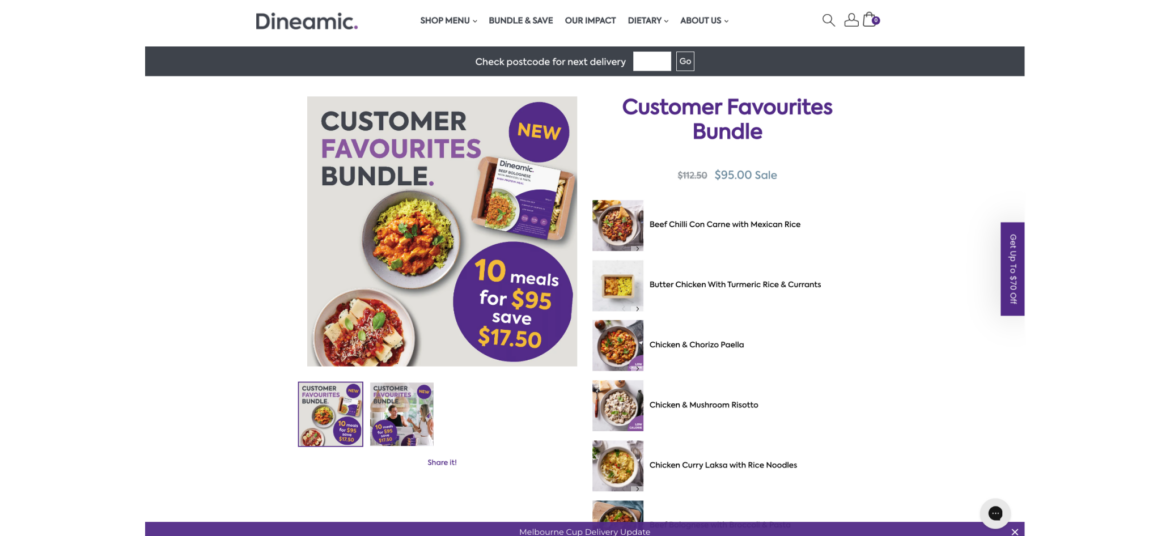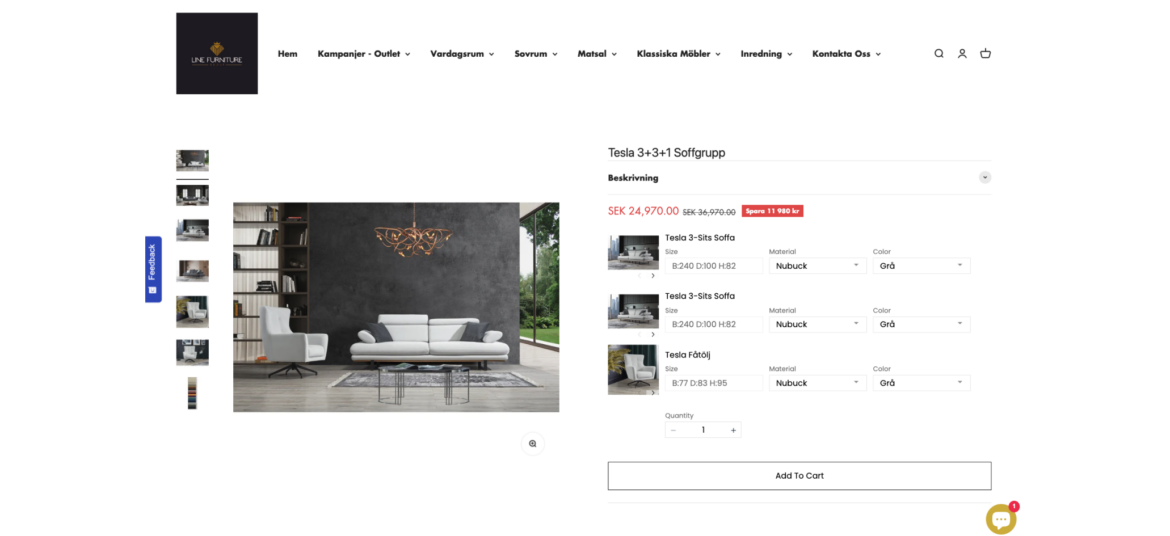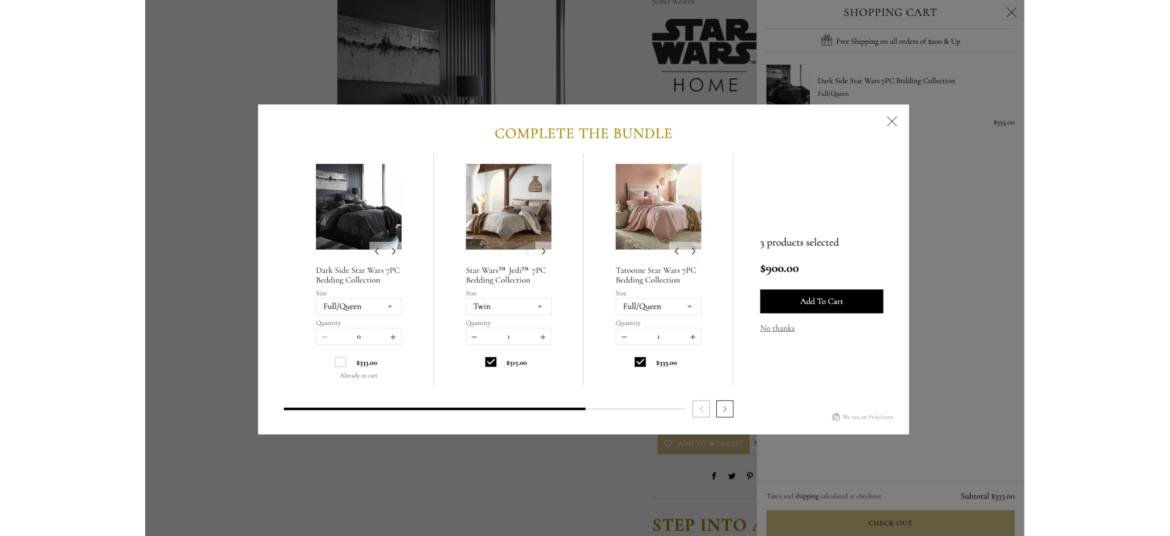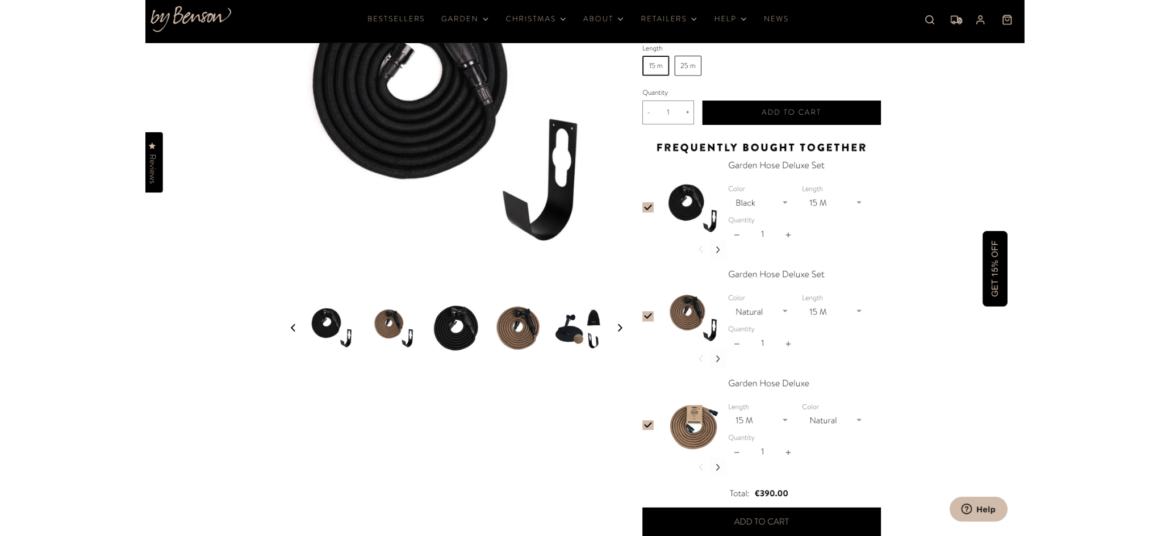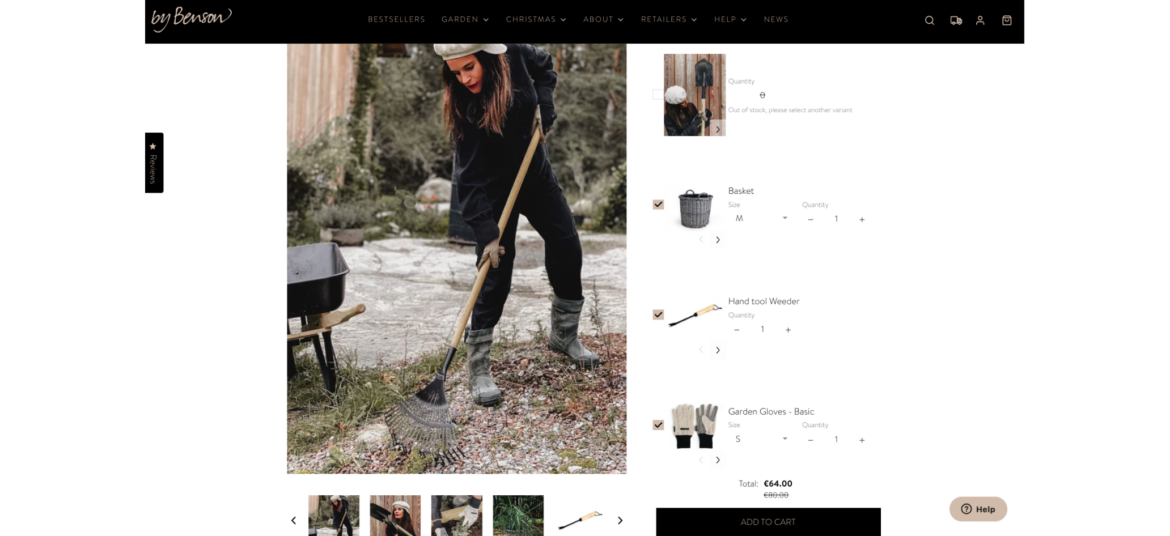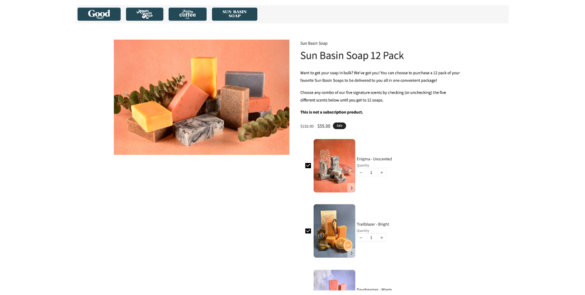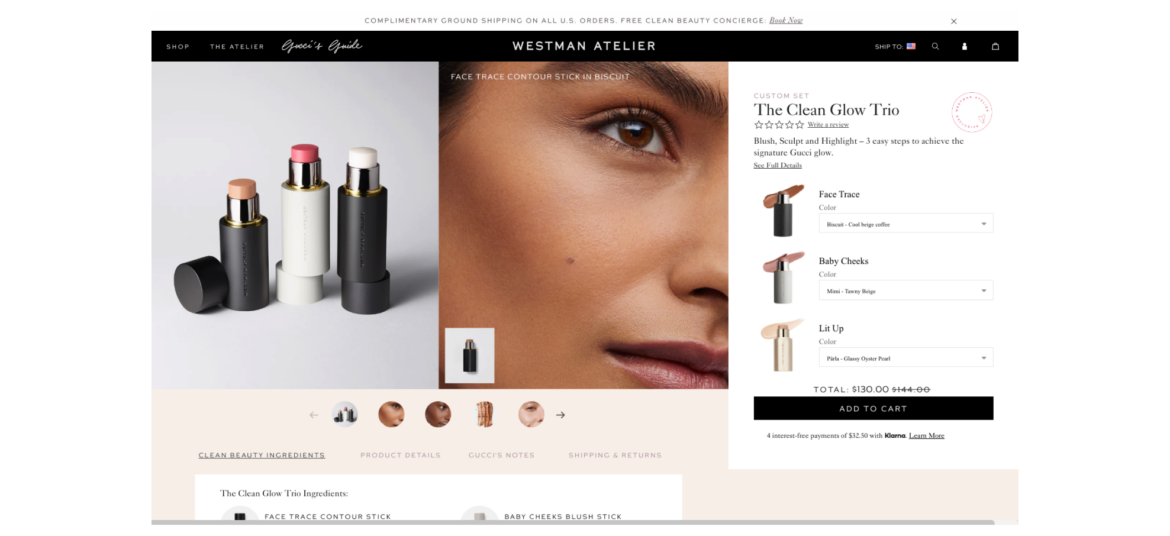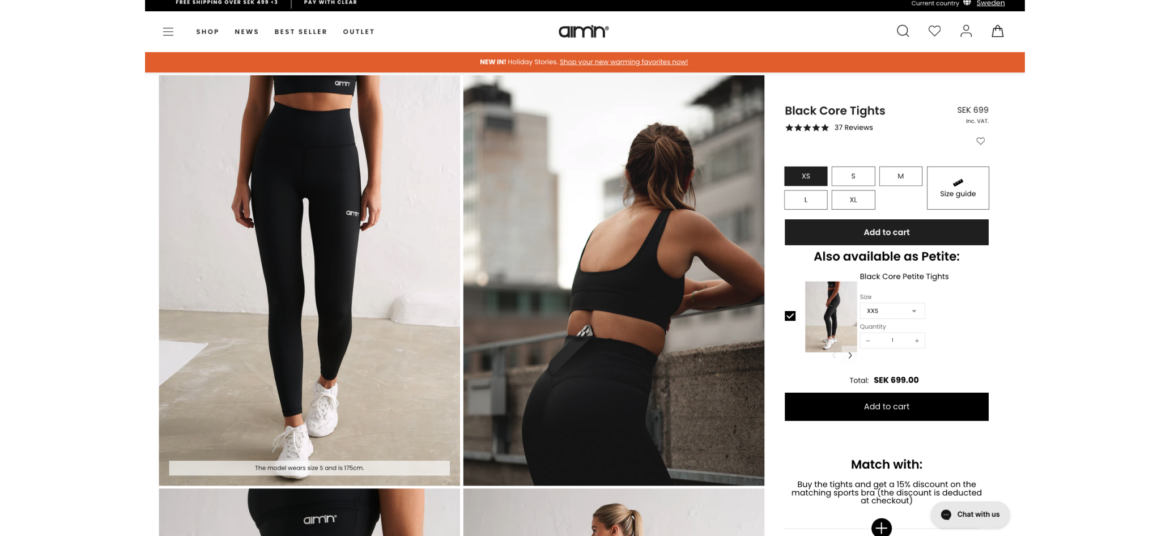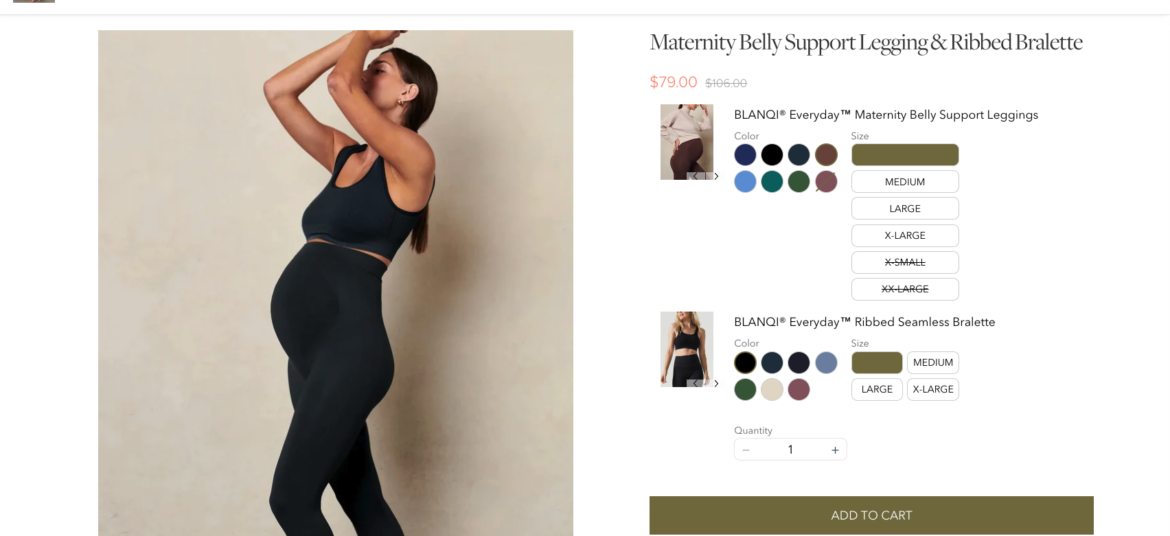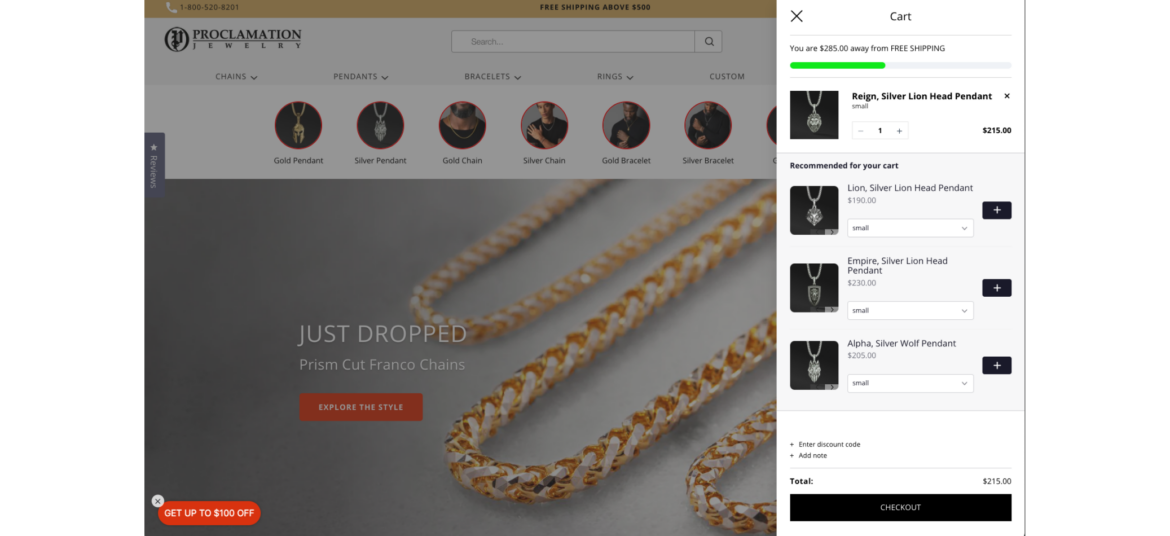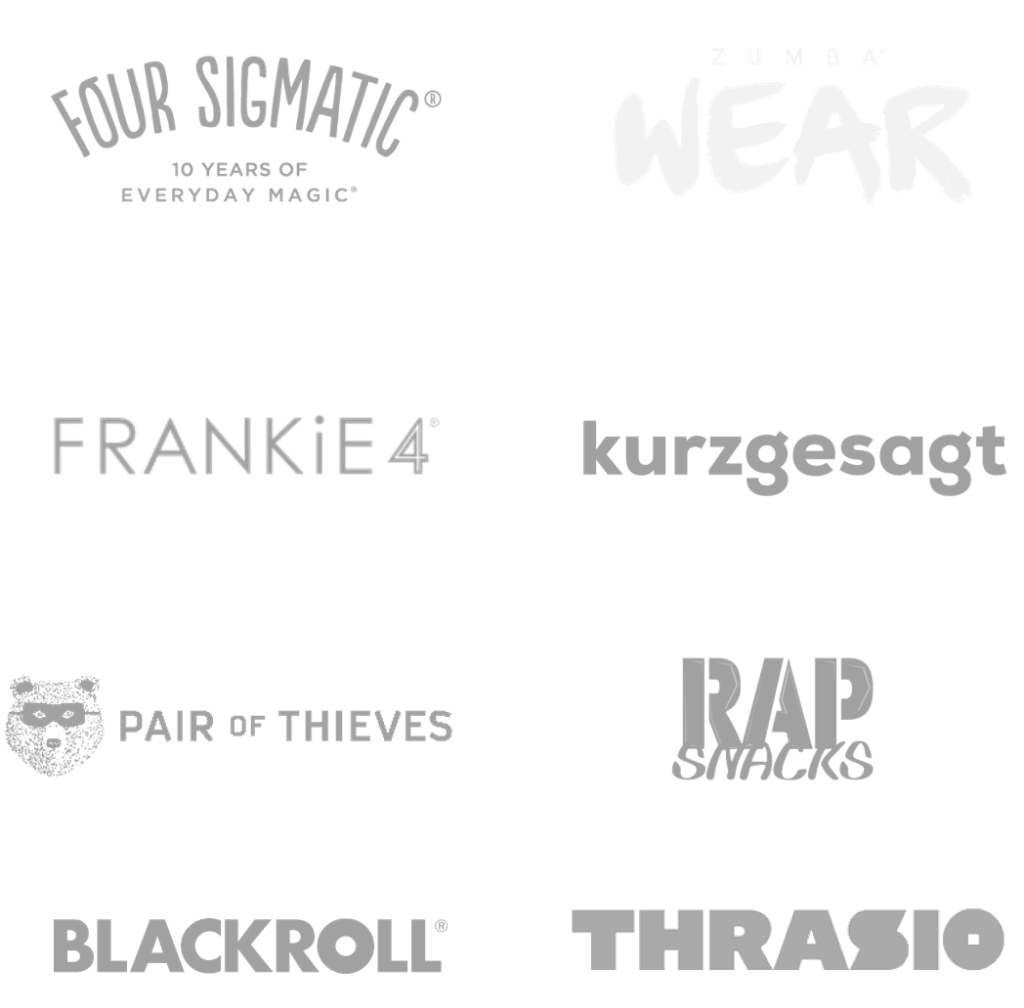Not all e-commerce platforms are created equally. Some offer better features and capabilities than others. Ultimately, it boils down to which options and functionalities work best with your needs and goals.
Let’s take a look at the features to look for when searching for the best e-commerce platforms, and what we based this e-commerce platform comparison guide on:
Unified capabilities. The best e-commerce platforms for beginners offer a unified solution. In other words, novice users will find everything they need in a single platform solution. There is no need for additional coding or development. The platform is ready to go straight from the box.
Deliver a good customer experience. A good customer experience is crucial in the best e-commerce platforms. Thus, it’s important to be free of as many glitches as possible. Payment processing and loading times are all critical to a great customer experience.
Robust customer interaction. Along with customer experience, interactions are key to a successful e-commerce site. The best e-commerce platforms deliver great customer interaction tools. These tools allow you to use targeted marketing, provide customer service, and boost features such as upselling and cross-selling.
Effective order management. A great e-commerce platform will make order management easy, especially when you utilize multiple channels. Ideally, you want to get an e-commerce platform that enables you to centralize multiple channels in a single order management system.
Boost growth and scalability. The best e-commerce platforms grow with you. They allow for seamless growth and scale. Additional features such as currency conversions, multi-language support, and international shipping options are great tools to expand your business.
Site security. This feature goes without saying. Site security is critical, especially when processing payment information. The best e-commerce platforms take site security seriously. So, be sure to look for features such as “PCI compliance” and “e-commerce SSL certificates.”
Easy to use. A no-brainer, right? The best e-commerce platforms for beginners don’t require extensive coding or web development experience. They are so easy to use that anyone with moderate computer skills can build a fully functional e-commerce site.
Dedicated support. The best e-commerce platforms strive to offer dedicated support. They provide 24/7 support across various channels. In doing so, you can be certain that someone will help you when you need it most.
These features will help you separate the wheat from the chaff. Based on these points, we have built an e-commerce platform comparison for 2023.


